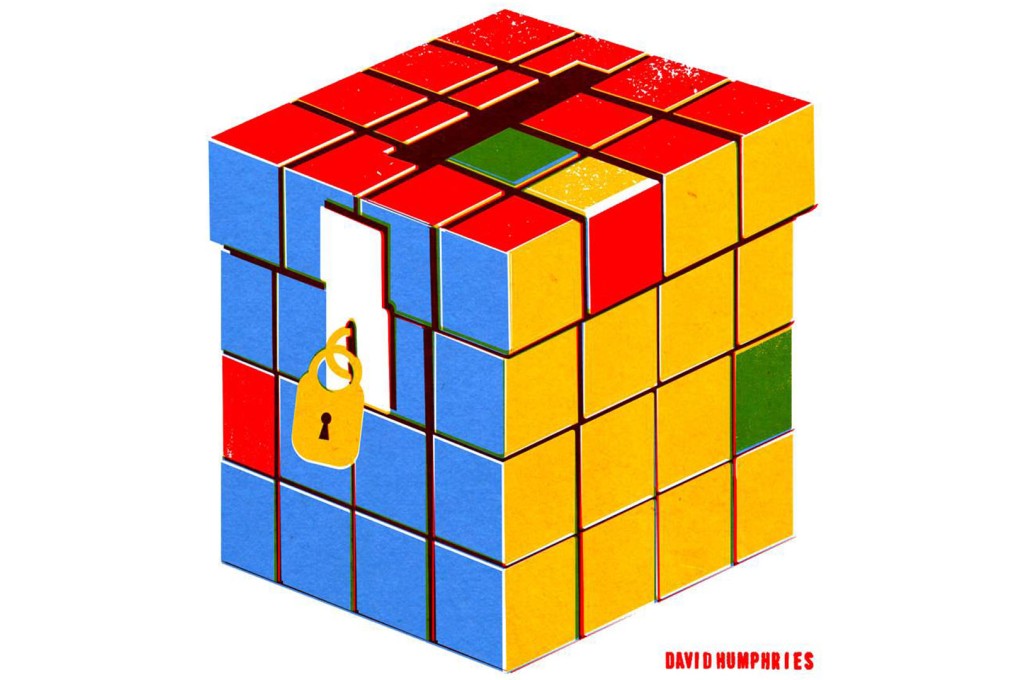Hong Kong cannot afford to wait for perfection in its march towards universal suffrage
Lawrence Lau and Chen Ning Yang urge all Hongkongers to accept a political reform package that gives them more power, rather than demanding a perfect system

Before long, the Legislative Council will deliberate on the proposed political reform package, which, if passed, will make election of the chief executive by universal suffrage in 2017 a reality. It's therefore imperative for all our fellow citizens of Hong Kong to seize the moment and do what they can to help make universal suffrage a reality.
In 1932, when the US was in the midst of its Great Depression, president Franklin D. Roosevelt said: "The country demands bold, persistent experimentation. It is common sense to take a method and try it: if it fails, admit it frankly and try another. But above all, try something." Hong Kong is now also at a critical turning point, both economically and politically, and owes it to itself to do no less.
The proposed political reform is indeed a bold experiment, and Hong Kong should not shrink from it. Universal suffrage is something that almost every Hong Kong citizen desires, even though we may have very different ideas of how to achieve it. Different groups in Hong Kong have taken different paths, some by following the requirements of the Basic Law and the Chinese constitution; others by trying to force the central and Hong Kong governments into complying with their demands. But our objective has always been the same: to have an election of the chief executive by universal suffrage in 2017.
When some paths prove to be infeasible, instead of saying reflexively "my way or no way", we should be courageous enough to explore other, more feasible paths forward. The important thing is to arrive at the goal of universal suffrage.
Democracy cannot be built in one day, despite the noblest of intentions and the best minds at work. Even though the US Declaration of Independence, which asserts that "all men are created equal", was signed in 1776, it took almost 100 years - and a civil war - for African Americans to be granted the de jure right to vote. And it took yet another century, until 1965, when the Voting Rights Act was passed by Congress, for them to finally gain the de facto right to vote in all the states. And even today, yet another half century later, black Americans and other minorities still face hurdles in trying to exercise their rights to vote in certain states.
In the supposedly most democratic country in the world, one with the longest history of the continuous practice of democracy, the electoral arrangements are still far from perfect. Thus, whatever final arrangements are adopted by Hong Kong for the 2017 election, they will be far from perfect. Therefore, let us not wait for perfection. Accepting a half-full glass, with the opportunity to fill it eventually, is far better than accepting an empty glass.
Being able to elect the chief executive by universal suffrage in 2017 makes a huge difference compared with the existing arrangements: every Hong Kong citizen will then have a choice. There will be genuine and strong competition among the two or three final nominees.